September 14, 2024 | 12:14 GMT +7
September 14, 2024 | 12:14 GMT +7
Hotline: 0913.378.918
September 14, 2024 | 12:14 GMT +7
Hotline: 0913.378.918
At the forum "Agricultural Restructuring - Solutions for Efficient and Sustainable Agricultural Value Chain Development," organized by the Vietnam Cooperative Alliance on the morning of August 28, Deputy Minister Phung Duc Tien shared that by implementing the restructuring policy, the agriculture sector has achieved significant accomplishments, with growth maintained at a high level (3.83% in 2023, exceeding the government’s target). Many value chains have been formed and developed robustly. Vietnamese agricultural products have reached international markets, including difficult markets such as the US, EU, and Japan.
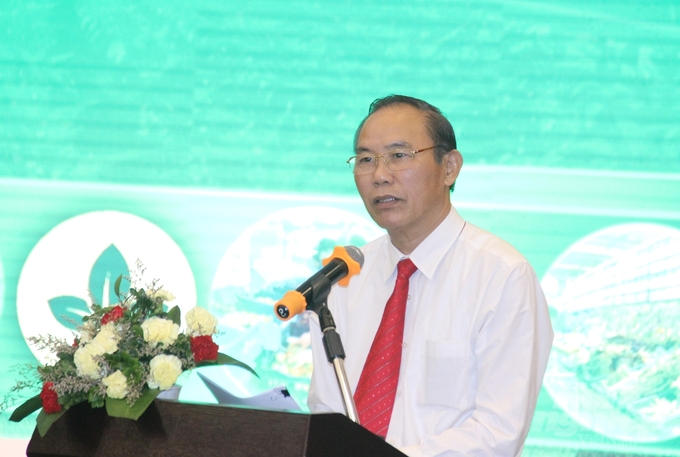
According to Deputy Minister Phung Duc Tien, sustainable agricultural development must go hand in hand with environmental protection and rational use of natural resources. Photo: Trung Quan.
To optimize product value, regions, sub-regions, and localities have implemented cooperative and production linkages tailored to their respective production environments. Many businesses have established sustainable relationships between production and processing due to these linkages, thereby establishing stable raw material regions.
Numerous high-economic-value production models have emerged throughout the nation, including high-tech agricultural models for rice, fruit, flowers, livestock, aquaculture, and forestry products; large-scale field models; concentrated specialized fruit orchards in Can Tho with average revenue of 500 million VND/ha/year; the Hoa Loc mango region with a production of 10,000 tons/year; and super-intensive white-leg shrimp farming in Bac Lieu, which yields 80 tons/ha/year and generates 9.2 billion VND/ha.
In conjunction with trade promotion initiatives, the agricultural market has expanded steadily, and agricultural exports have increasingly transitioned to official channels. Currently, they are available in more than 196 countries and territories, ranking second in Southeast Asia and 15th globally. From 2021 to 2023, the total export turnover of agricultural, forestry, and fishery products exceeded 155 billion USD, with an anticipated increase to 55-56 billion USD in 2024. Of these, 11 product groups have export turnovers of 1 billion USD or more, while 6 product groups have export turnovers exceeding 3 billion USD.
Deputy Minister Phung Duc Tien emphasized that in the future, to improve efficiency and sustainably develop the agricultural value chain, it is imperative to restructure the agriculture sector effectively. Focusing on key products with significant competitive advantages, encouraging research and the application of science and technology in agricultural production, developing organic and safe agricultural production, advancing high-tech agriculture, utilizing biotechnology in plant and animal breeding, producing biological fertilizers and pesticides, and utilizing information technology and automation in management and production can all help achieve this.
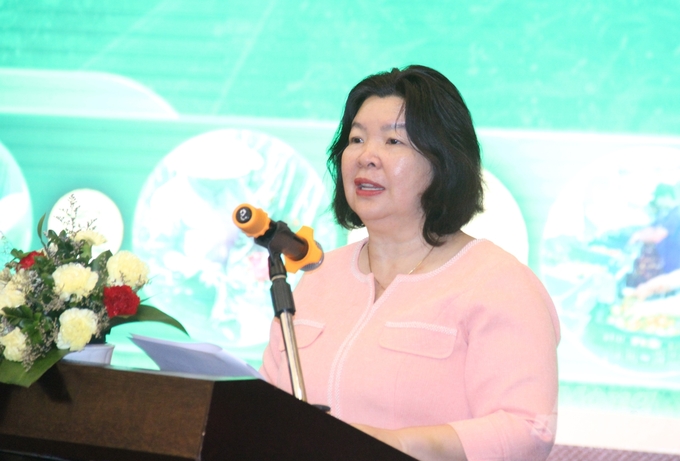
According to Ms. Cao Xuan Thu Van, Chairwoman of the Vietnam Cooperative Alliance, the effective and sustainable development of agricultural value chains is a vital issue in agricultural restructuring. Photo: Trung Quan.
Furthermore, it is crucial to enhance the quality of human resources in the agriculture sector through training and development; and refine and modify support policies to promote the growth of agricultural cooperatives, particularly new-style cooperatives. Developing consumption markets, intensifying trade promotion, and pursuing and expanding export markets for Vietnamese agricultural products are also essential.
Simultaneously, the rational utilization of natural resources and environmental protection must be consistent with sustainable agricultural development. It is imperative to improve the implementation of advanced technical and technological measures in the management and effective utilization of land and water resources. It is also essential to develop and execute green agricultural programs and projects that are designed to reduce greenhouse gas emissions, promote environmental protection, and sustainably utilize natural resources.
The agricultural, forestry, and fishery production activities throughout the nation have continued to exhibit numerous positive indicators in the nearly first eight months of 2024, according to Ms. Cao Xuan Thu Van, President of the Vietnam Cooperative Alliance. The cooperative economy sector, which comprises over 20,000 agricultural cooperatives and tens of thousands of agricultural cooperative groups, has made an extremely significant contribution to the agricultural restructuring process. This partially confirms that the restructuring is on the right track, with over 3.8 million cooperative members who are farmers.
Currently, nearly 13% of the total number of cooperatives in the country are involved in value chain linkages, with over 4,000 cooperatives participating. The development of sustainable and effective agricultural value chains is a critical concern in agricultural restructuring to satisfy the demands of the international market, which is constantly expanding in Vietnam.
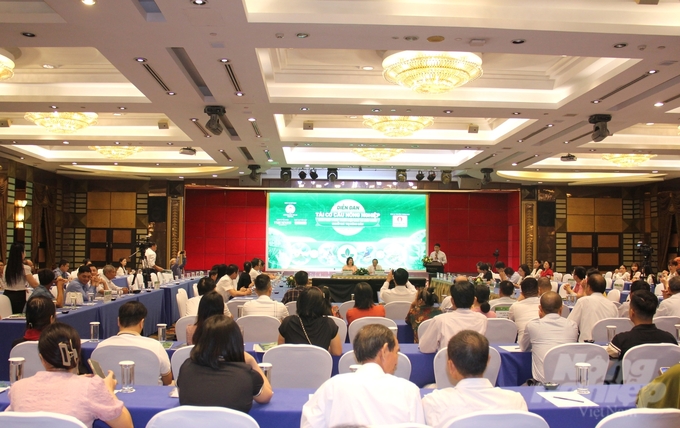
The workshop was attended by many experts and management agencies. Photo: Trung Quan.
Nevertheless, the sustainable development of agricultural value chains is still fraught with numerous constraints and obstacles, as per the President of the Vietnam Cooperative Alliance. The value chain's current most significant constraint is the loose linkage between actors within the same stage (horizontal linkage) and between distinct stages (vertical linkage).
Consequently, agricultural cooperatives are essential in the development of sustainable and effective agricultural value chains. Agricultural cooperatives must continue to enhance the quality and efficacy of their operations following sustainable development principles. This involves the application of science and technology, the promotion of innovation, and the implementation of digital transformation.
"Greening" agriculture is not a burden, but rather an opportunity, particularly in light of the increasing trend of green agricultural product consumption in both domestic and international markets. Consequently, all entities in the value chain must strive to implement new standards and modify their chain activities following them.
Translated by Linh Linh
/2024/08/31/4809-2-124314_524.jpg)
(VAN) This is the proposal of many tuna purchasing and processing businesses at the meeting to discuss and remove difficulties in implementing Decree No. 37/2024/ND-CP.
/2024/08/27/4916-1-221556_542.jpg)
(VAN) The Government has just issued Decision 895/QD-TTg approving the National Forestry Planning for the 2021–2030 period, with a vision to 2050, which emphasizes sustainable forestry development.
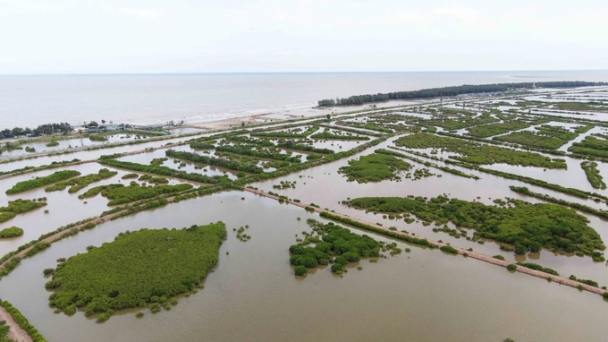
(VAN) Thai Binh preserves the entire 12,500 ha of the Tien Hai Wetland Nature Reserve, a protected zone of 2,726 ha and a restoration zone of 9,774 ha.
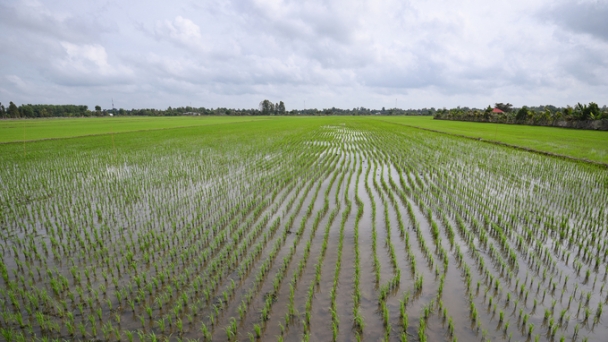
(VAN) MARD worked with relevant ministries and departments on using the World Bank’s capital-allocation mechanism for the Project on 1 million ha of high-quality, low-emission rice in the Mekong Delta.
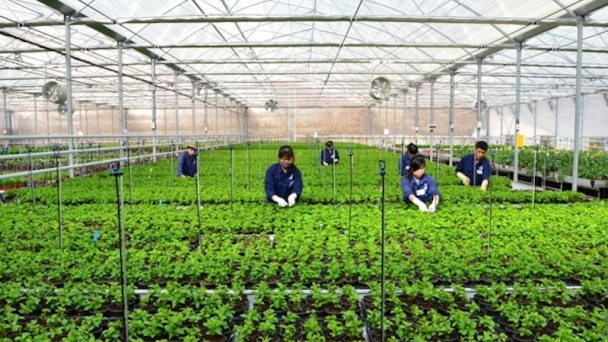
(VAN) Recruiting Vietnamese laborers for employment in factories, farms, food processing workshops, warehousing, logistics, and other sectors is a demand in certain Japanese businesses and localities.
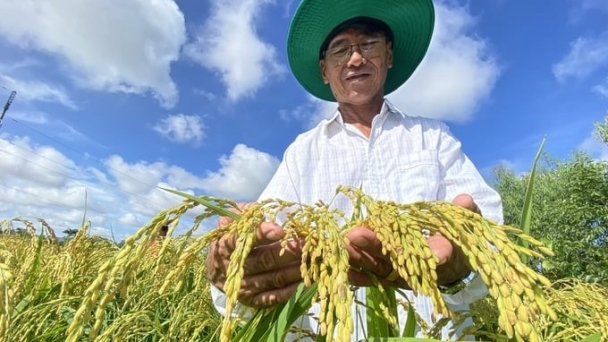
(VAN) Deputy Minister of Agriculture and Rural Development Hoang Trung proposed eight focuses to develop the crop production industry in the Mekong Delta in the coming time.